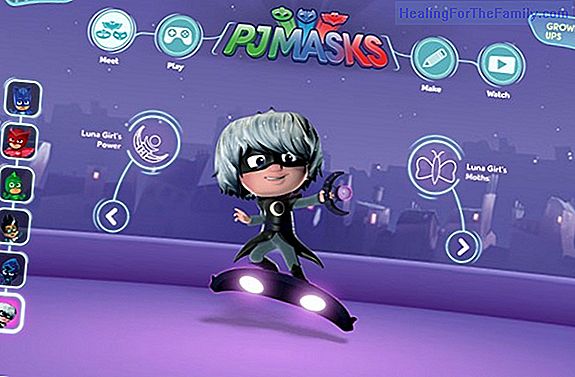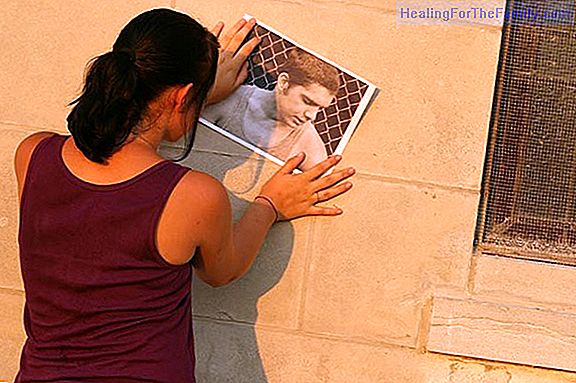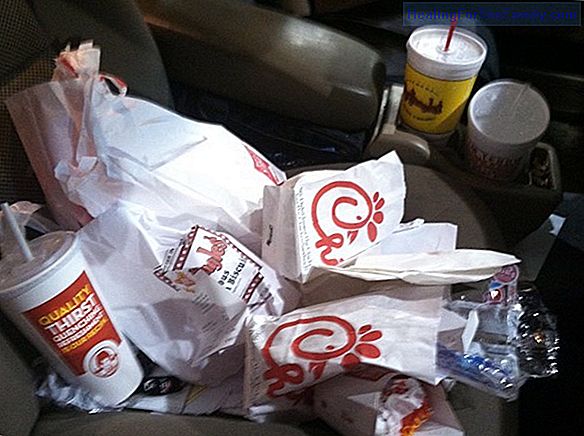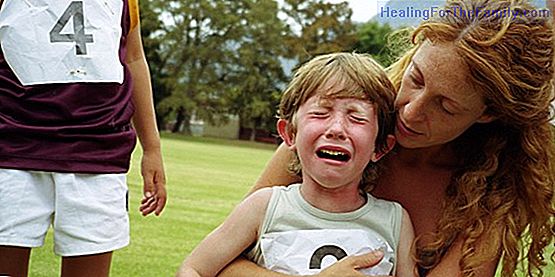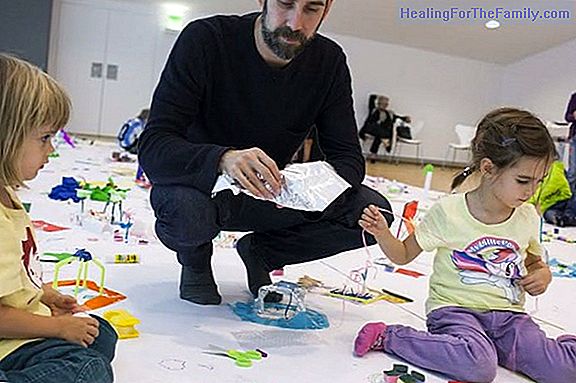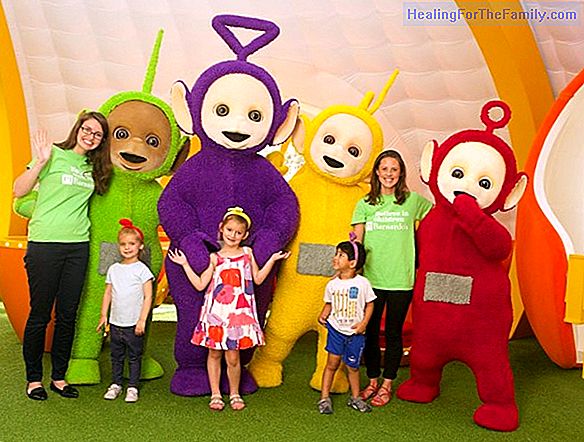What to do if your child tells you he hates you
Feeling anguished because our children have told us "I hate you" does not make much sense. Children are children and that means that they rarely measure the consequences of what they say or do. They are impulsive and, therefore, they are easily carried away by their emotions. They have poor emotiona
Feeling anguished because our children have told us "I hate you" does not make much sense. Children are children and that means that they rarely measure the consequences of what they say or do.
They are impulsive and, therefore, they are easily carried away by their emotions. They have poor emotional control and, often, it is emotions that end up controlling them by sometimes playing tricks on them. But, cómo how to act if your child tells you he hates you? When your child tells you he hates you, what to do?
Normally, when children verbalize phrases like "dad, I hate you" or "mom, I hate you" they are not aware of the meaning of such words.

Children when they feel frustrated are aggressive. We all know that when children do not get what they want, feel cornered or things do not go as planned,
they may be frustrated and show inappropriate behavior. Sometimes they look for, in their still scarce vocabulary, the most unpleasant or offensive words to hurt their parents in order to let them know that they are very angry. Normally, when they are younger they show their frustration through tantrums, insults, crying, etc. However, when children are older, they express their frustration and dissatisfaction by using hurtful or offensive expressions.
They are learning to know and manage their emotions, they do not always know how to manage them. When they have intense emotions that they do not understand or control, such as frustration, they end up blaming and holding their parents accountable for what they feel.
When your child tells you that he hates you in time of anger, what he really wants to let you know is that he does not like what you propose
or that he does not agree with the way you act at that moment. It is true that saying "I hate you" is not the best way to express how you feel but, we can not forget that they are children and still do not have many other alternatives at their disposal to express their feelings more adequately. Children learn little by little during their childhood to develop in social situations, to resolve conflicts, to control their emotions, etc. They continually learn and internalize emotional and social skills but, because of their short life trajectory, they are still inexperienced little ones who feel easily overwhelmed. When they get angry, they do not have many strategies and end up expressing their anger by using their limited weapons. Put yourself in their place, we have all been children.
Then,
from Guiainfantil.com we want to offer you some recommendations to successfully handle this type of situation: - Do not worry.
It is normal that when you hear those words you find them painful, but when your child tells you that he simply wants you to know that he is very angry, it is the way he has to let you know. He really does not feel what he said. - Do not go into his game.
Ignore him, as if you had not heard him. Do not let yourself be carried away by your provocation, if you enter it is your game you are lost. It is necessary that the child does not have the feeling that he has managed to destabilize you emotionally and get your attention. If you can get caught in their networks, you may use the saying "I hate you" as a weapon thrown at you when necessary to get what you want. - Keep calm.
Do not get upset. Maintain a state of absolute calm and tranquility and only talk to the child when he has calmed down. In times of storm is not good to talk, it is better to wait and address the issue when both parties are receptive and emotions have been reduced. - Help him know his emotions.
Do not prevent him from expressing his frustration or anger. Let him experience his emotions freely without judging or criticizing him. Children have the right to act in a wrong way in order to learn from their own mistakes, from their experience. Then, when the storm has passed, approach him, talk to him, help him name the emotions he has had at that moment. And, offer alternatives so that you can express your emotions in a more beneficial way when you become frustrated or angry again. - Express how he made you feel.
Express what we think and feel is a right that we all have. Therefore, when the child has calmed down, let him know how you felt when he said "I hate you". This can encourage the child to put himself in your place and become aware that everything that one says or does has consequences. It is important that the child is aware that his words have made you feel bad and that it is not an appropriate behavior so that it does not happen again. Finally, express to her that you would love her to apologize for what happened. Ultimately, it is important that the child learns that using that inappropriate behavior will not get anything from you at all. Therefore, it is necessary that you do not give in to his words, that you pay no attention to him and that you do not talk to the child until he has adopted another attitude. On the other hand, if you become traquilized and assume a good attitude you can negotiate and talk about what has happened with affection and closeness.

